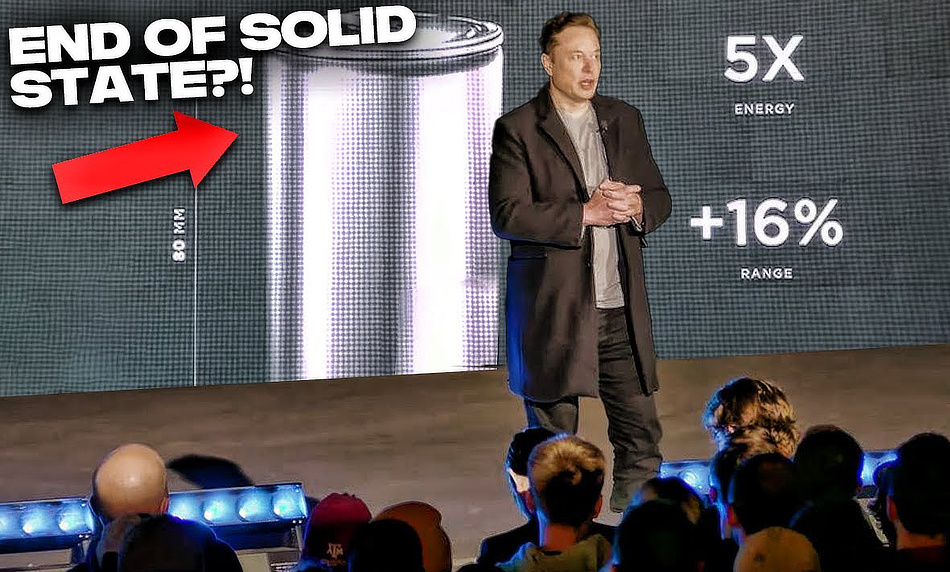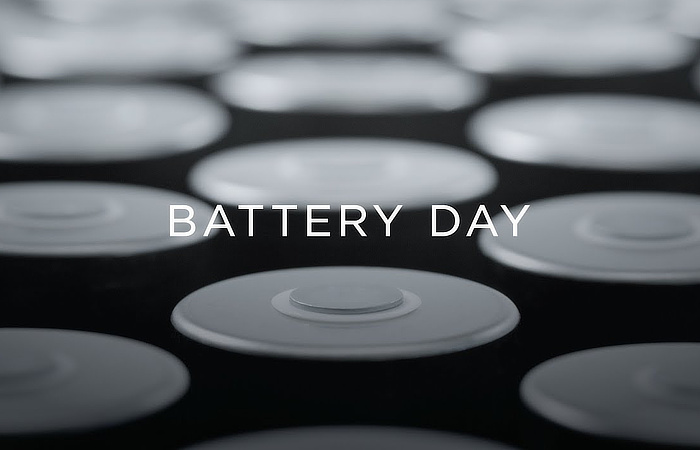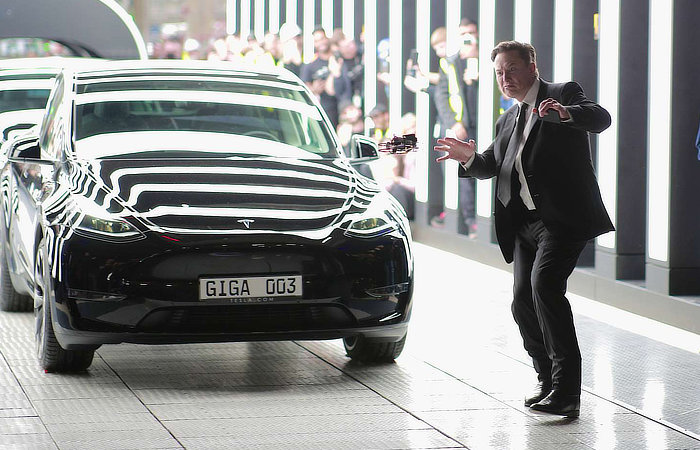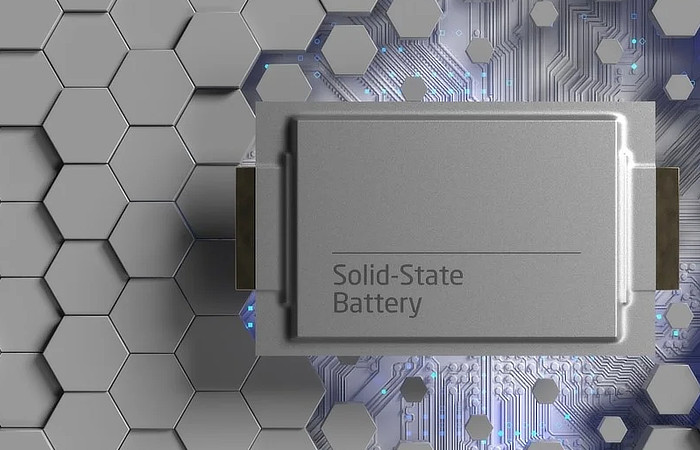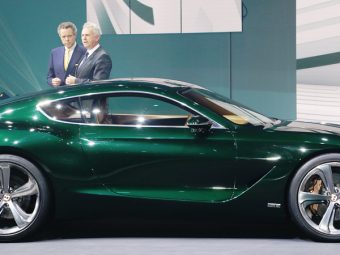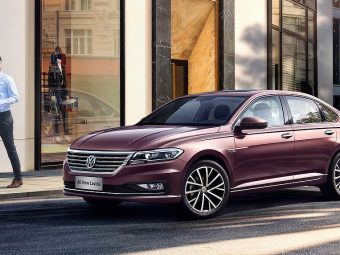The future of electric vehicle (EV) battery technology is incredibly promising. As the world shifts towards a more sustainable future, the demand for electric vehicles continues to grow, and as a result, there is a need for better and more efficient battery technology. This article will explore the current state of EV battery technology, the limitations of current technology, and the potential future of this critical component of electric vehicles.
Current State of EV Battery Technology
The current state of EV battery technology is impressive, but it has limitations. Lithium-ion batteries are the most common type of battery used in electric vehicles today. They are highly efficient and have a long lifespan, making them ideal for use in EVs. However, they have some drawbacks, such as being heavy and expensive to produce.
Tesla has been at the forefront of EV battery technology for some time, and its latest battery technology is a significant step forward. The company’s new 4680 battery cell is larger, more efficient, and has a higher energy density than its previous batteries. This new battery technology could increase the range of Tesla’s vehicles by up to 16%, making them more competitive with traditional gasoline-powered cars.
Other companies, such as Panasonic, LG Chem, and CATL, are also making significant strides in EV battery technology. Panasonic has been Tesla’s primary battery supplier for years and is developing its own EV battery technology. LG Chem is working on developing a solid-state battery, which could be a game-changer in the EV industry. And CATL is developing a new type of EV battery that uses sodium-ion technology.
Limitations of Current Technology
While current EV battery technology is impressive, it has some limitations that need to be addressed. One of the main issues is the limited range of most electric vehicles. Even the most advanced electric vehicles on the market today can only travel around 300-400 miles on a single charge. This range is not enough for long-distance travel, which is a significant barrier to widespread adoption of EVs.
Another limitation of current EV battery technology is the high cost of production. Lithium-ion batteries are expensive to produce, which makes electric vehicles more expensive than their gasoline-powered counterparts. As a result, many people are hesitant to make the switch to an electric vehicle, despite the long-term savings on fuel and maintenance costs.
Finally, the environmental impact of current EV battery technology needs to be addressed. The production of lithium-ion batteries requires the mining and processing of rare earth metals, which can have a significant impact on the environment. Additionally, the disposal of used batteries can also be an environmental concern.
The Future of EV Battery Technology
The future of EV battery technology is exciting, and there are several promising developments that could overcome the limitations of current technology.
Solid-State Batteries
One of the most promising developments in EV battery technology is the solid-state battery. These batteries use a solid electrolyte instead of a liquid one, which makes them more stable and safer than lithium-ion batteries. They also have a higher energy density, which means they can store more energy in a smaller space.
Several companies are working on developing solid-state batteries, including Toyota, BMW, and QuantumScape. Toyota plans to introduce a solid-state battery in its electric vehicles by 2025, which could significantly increase the range and reduce the cost of production.
Lithium-Sulfur Batteries
Another promising development is lithium-sulfur batteries. These batteries have a higher energy density than lithium-ion batteries, which means they can store more energy in a smaller space. They are also cheaper to produce and have a lower environmental impact than lithium-ion batteries.
Several companies, including Oxis Energy and Sion Power, are working on developing lithium-sulfur batteries for use in electric vehicles. If successful, these batteries could be a game-changer in the EV industry
